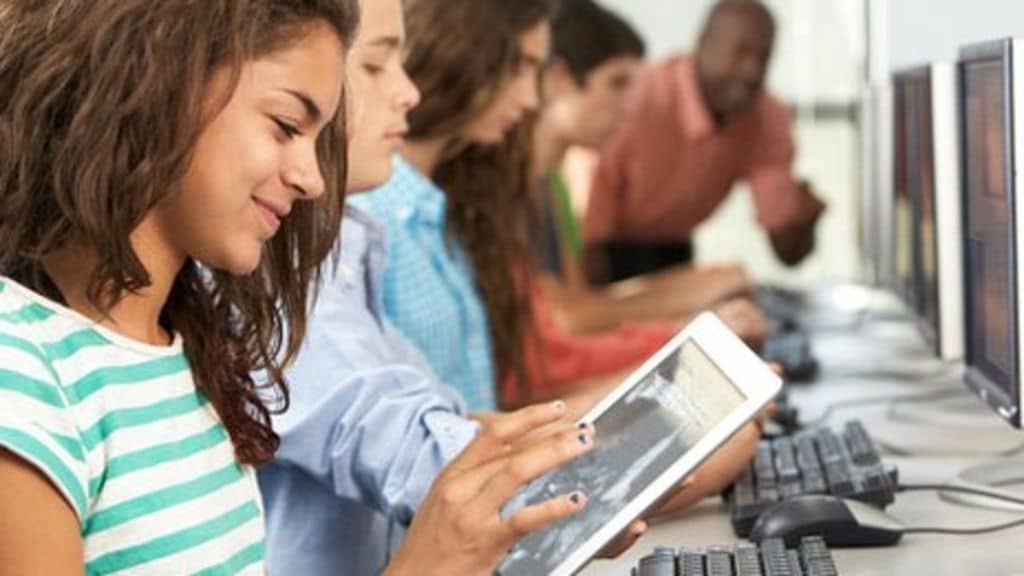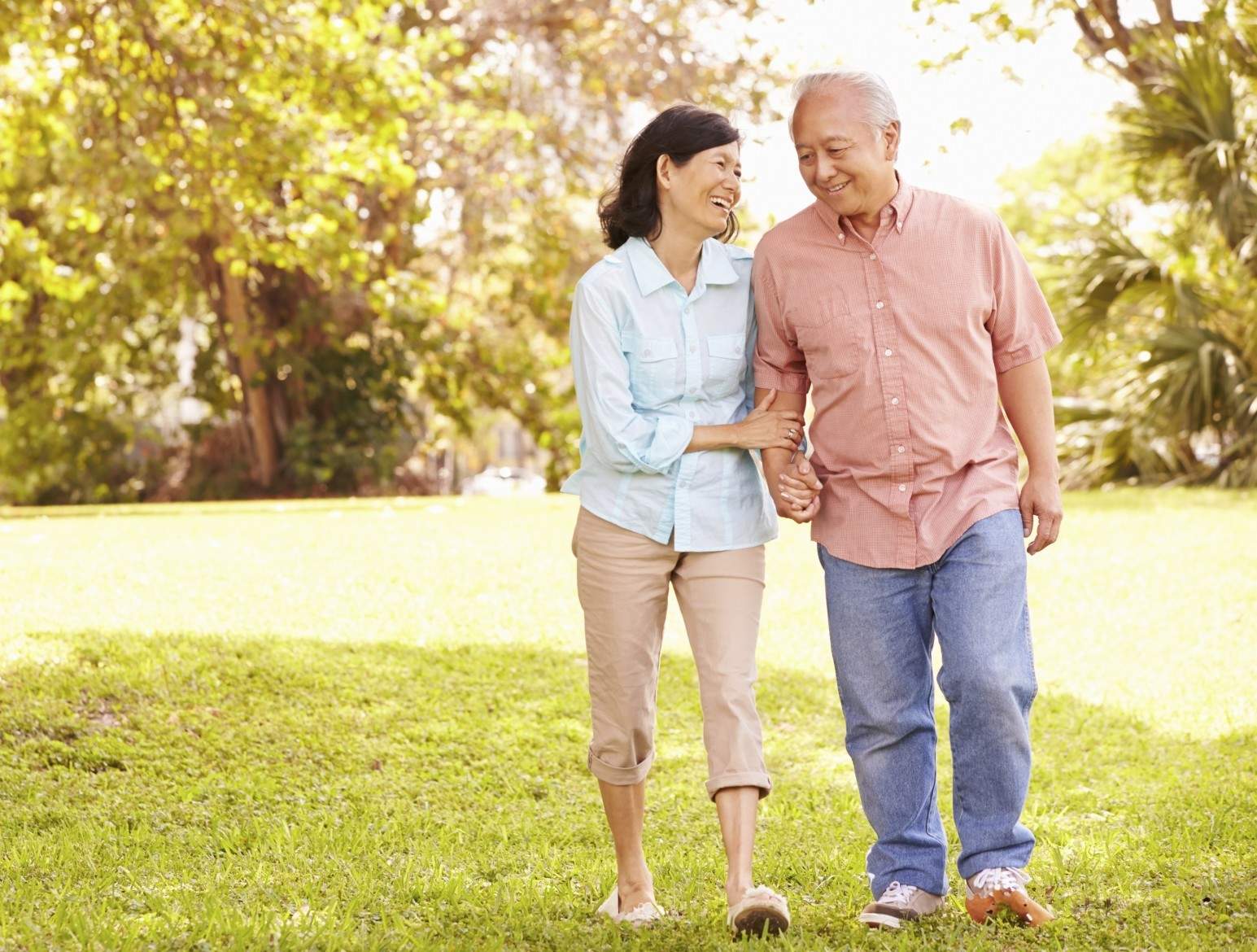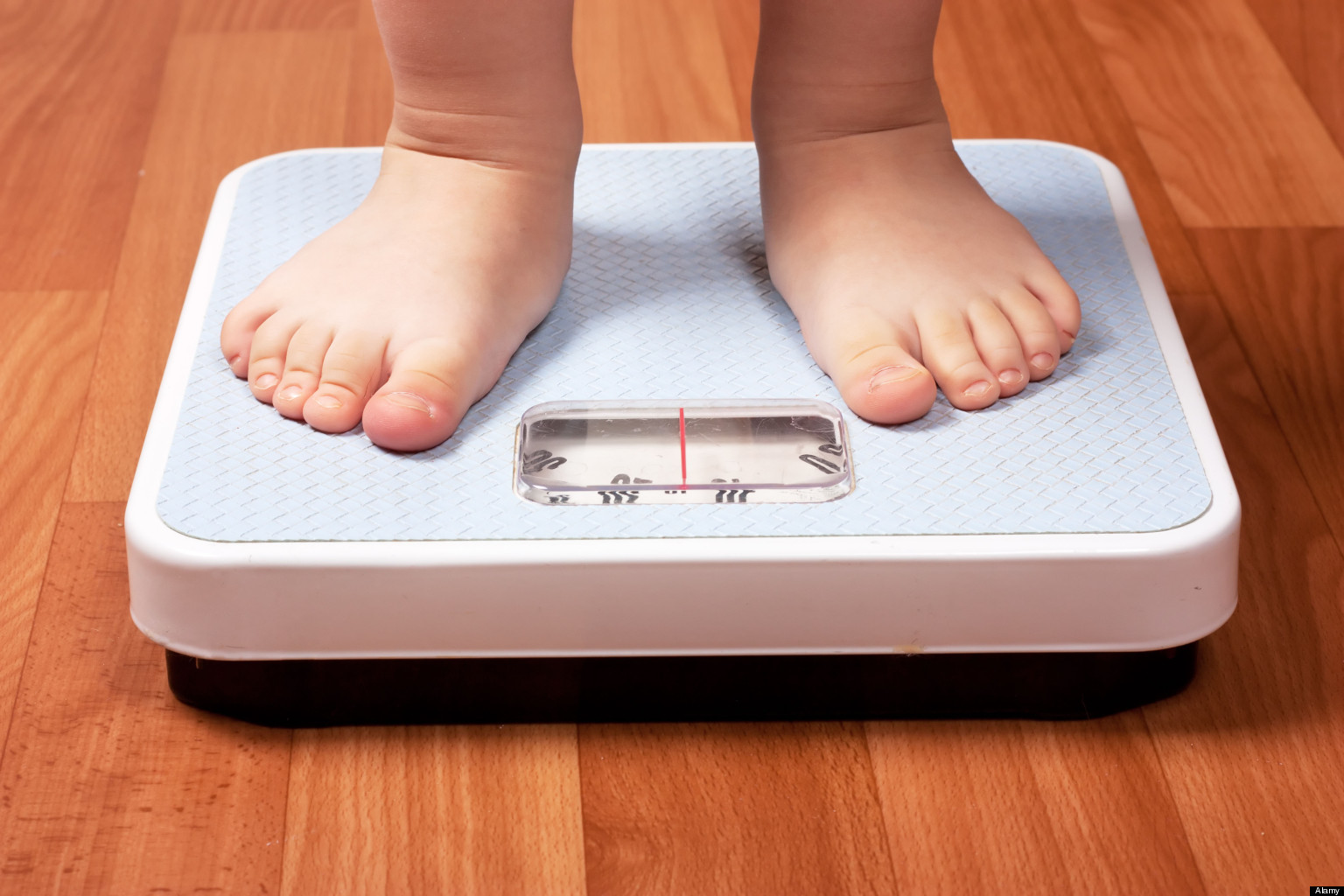Contents:
- Medical Video: Anti Social Media
- Is it antisocial from the psychological side?
- Research shows that social media can make people lazy to really socialize
- How do you not become "anti-social" even though you often play social media?
- But, the influence of social media is not always negative
Medical Video: Anti Social Media
Social media is presented to make communication easier. But unfortunately, the reality turned out instead. In fact, there are now many people who are more absorbed in themselves gadget or an account in cyberspace rather than interacting socially in the world. So, does social media really make you anti-social?
Is it antisocial from the psychological side?
Before reviewing further, it turns out there is a difference between antisocial psychology and anti-social which is often mentioned in everyday conversation. Antisocial in psychology is also commonly called schizoid. This also includes a personality disorder whose shape avoids relationships with others and does not show much emotion. Schizoid really prefers to be alone and look for work that requires a little social contact.
While antisocial, which is often confused in everyday conversation, usually refers to the impact of social media, which is more active in cyberspace than interacting in the real world. To be more complete about the impact, see the explanation below
Research shows that social media can make people lazy to really socialize
Studies have shown that people who spend a lot of time on social media, at least twice checking social media in a day, are more likely to feel socially isolated.
In addition, the use of social media today is increasingly misinterpreted, for example they assume that social media can replace more real social experiences. Because the more time a person spends in cyberspace, the less time they do for real world interactions.
Shannon Poppito, a psychologist at Baylor Medical University in Dallas states, when someone spends more time on social media, they disconnect from real life and eventually feel less connected with themselves.
Then, by continuing to be involved in the lives of others through social media, they begin to compare themselves with what other people show in cyberspace. Poppito also said that they could be depressed because they could not display themselves in the real world.
How do you not become "anti-social" even though you often play social media?
According to Dr. Poppito, social media greatly influences a person's psychological and social development, especially if he has known social media since children.
Because, in childhood, children need stimulation and socialization in the real world, such as playing and chatting with each other. The human brain actually requires multi-sensorial interactions early on, to develop healthy and functioning nerve cells in the future.
Dr. Poppito suggests that you parents, or those of you who are indeed trapped in the preoccupation with the influence of social media, it's a good idea to limit your usage and time to online. Don't forget to keep in touch with your real world. Try to interact, at least greet each other or give greetings when meeting family, friends or other people out there.
But, the influence of social media is not always negative
Sometimes, the influence of social media is synonymous with negative impacts, but not so. Social media also offers many benefits and benefits that allow us to stay connected with the people you love, to connect toreturn with old friends, and even find common ground with the people in the world around you.
Tfire remember, everything that is excess in this world is not always good. You still have to limit and make a balance between cyberspace and reality. By staying balanced, your mental and physical health will be fine without being disturbed.












